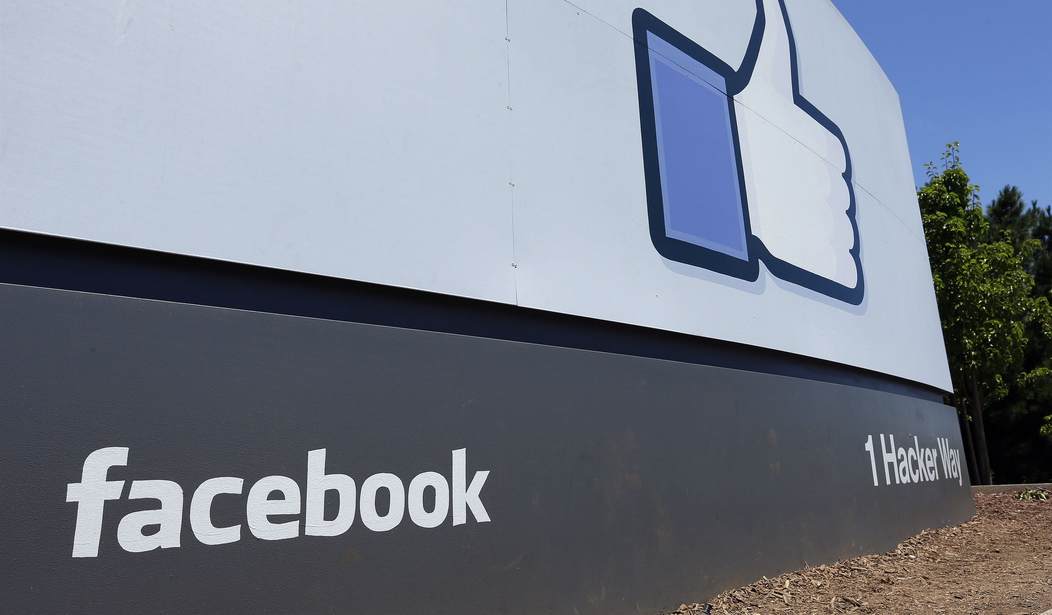Will we see any Republican buy-in on this? Maybe Josh Hawley and Ted Cruz could swing a deal with Amy Klobuchar and Ben Ray Lujan, the bill’s authors, to include some GOP grievances against Big Tech in the final product in exchange for votes. If you’re a social-media company, you lose your Section 230 protection from lawsuits if you amplify health misinformation or if it can be shown statistically that ideological bias is affecting how you moderate content.
That’s the only way an amendment to Section 230 will ever pass, with a bipartisan deal in which side gets something, but I doubt either wants to help the other here. Klobuchar and Lujan don’t want the Democrats’ effort to scapegoat Facebook for weak vaccination rates to be hijacked by Republican grumbling about persecution of conservatives. And Hawley and Cruz won’t want to join any effort that would piss off populists by incentivizing Facebook to cull anti-vax propaganda.
Maybe the Dems will try to stick this bill into the coming infrastructure bill. reconciliation Everything else is infrastructure to them. Why shouldn’t this qualify too?
In some ways this legislation is exceedingly narrow but in more important ways it’s far, far too broad.
The bill would strip the companies of that legal shield if their algorithms promote health misinformation during a public health crisis. It would not apply if such misinformation is shown in a chronological feed. (Most social platforms use algorithms to rank posts based on what they think users will be interested in,)…
“These are some of the biggest, richest companies in the world and they must do more to prevent the spread of deadly vaccine misinformation,” Klobuchar said in a statement. “The coronavirus pandemic has shown us how lethal misinformation can be and it is our responsibility to take action.”…
“The law — which was intended to promote online speech and allow online services to grow — now distorts legal incentives for platforms to respond to digital misinformation on critical health issues, like COVID-19, and leaves people who suffer harm with little to no recourse,” Klobuchar’s office said in a press release about her proposed legislation.
The text of the bill is only a few pages long. A platform would lose its Section 230 immunity only for health misinformation posted during a “public health emergency” as declared by HHS and only then when the company’s own algorithm has promoted the misinformation. It’s not enough for a user to post “the vaccines give you cooties!” The company is still covered by Section 230 until its own script begins amplifying that misinformation. And even then, a standard algorithm like showing posts in chronological order is okay. The bill only targets algorithms that actively promote the lies.
Pretty narrow. But.
Let’s look at the text:


If I’m reading that correctly, the company only loses its Section 230 protection with respect to the health misinformation it’s amplifying. You can’t sue them for, say, defamation posted by a user once their Section 230 immunity is gone. You can only sue them for amplifying the “vaccines give you cooties!” post.
Which is a problem since “vaccines give you cooties” is absolutely protected speech under the First Amendment. Virtually all falsehoods are except for lies about an individual person that damage them financially, a.k.a. defamation. If Klobuchar’s and Lujan’s bill would make Facebook potentially liable only for health misinformation posted by users, not for forms of unprotected speech, then the bill is … totally meaningless. You can sue them, go into court, and the judge will laugh at you: They have a constitutional right to say “vaccines give you cooties.” Case dismissed. “If health misinformation is constitutionally protected, then there’s really not a lot Congress can do about that,” said one law professor to NPR about the bill. “Removing Section 230, which is a liability shield, doesn’t expose a [social media] service to any new liability, because the Constitution will fill in the protection.” Precisely.
The bill is meaningless because it’s waaaay too broad in trying to make Facebook liable for protected “awful but lawful” speech. If this were a semi-serious legislative effort, the bill would rescind a company’s Section 230 immunity for posting health misinformation and limit its potential legal liability only to instances of users posting unprotected speech under the First Amendment.
But even that might get shot down in court, since it would amount to Congress “burdening” Facebook’s constitutional right to promote health misinformation by threatening to rescind its Section 230 protection over it. It’d be an attempt by the government to use a statutory benefit to influence the content of speech posted by a private actor. Smells like a First Amendment violation to me.
The bill gets worse, though, in how it would define “health misinformation”:

A party that defines virtually everything as “infrastructure” for legislative purposes will certainly find creative ways to define “health misinformation” to maximize its ability to make social media companies promote the message they want promoted. Nefarious, and again very broad potentially. And it can and would come back to haunt them. After all, a conservative HHS secretary could be very creative in his definitions too and progressives know it. “We all want less misinformation online, but this approach would turn future Republican presidents into the speech police,” said the head of the group Chamber of Progress in a statement. “Democrats would regret this.” They would.
Which makes me think Klobuchar and Lujan aren’t really trying to pass a bill here, they’re trying to generate some headlines that advance the Democrats’ “Facebook is killing people” narrative. Mission accomplished, I guess.








Join the conversation as a VIP Member